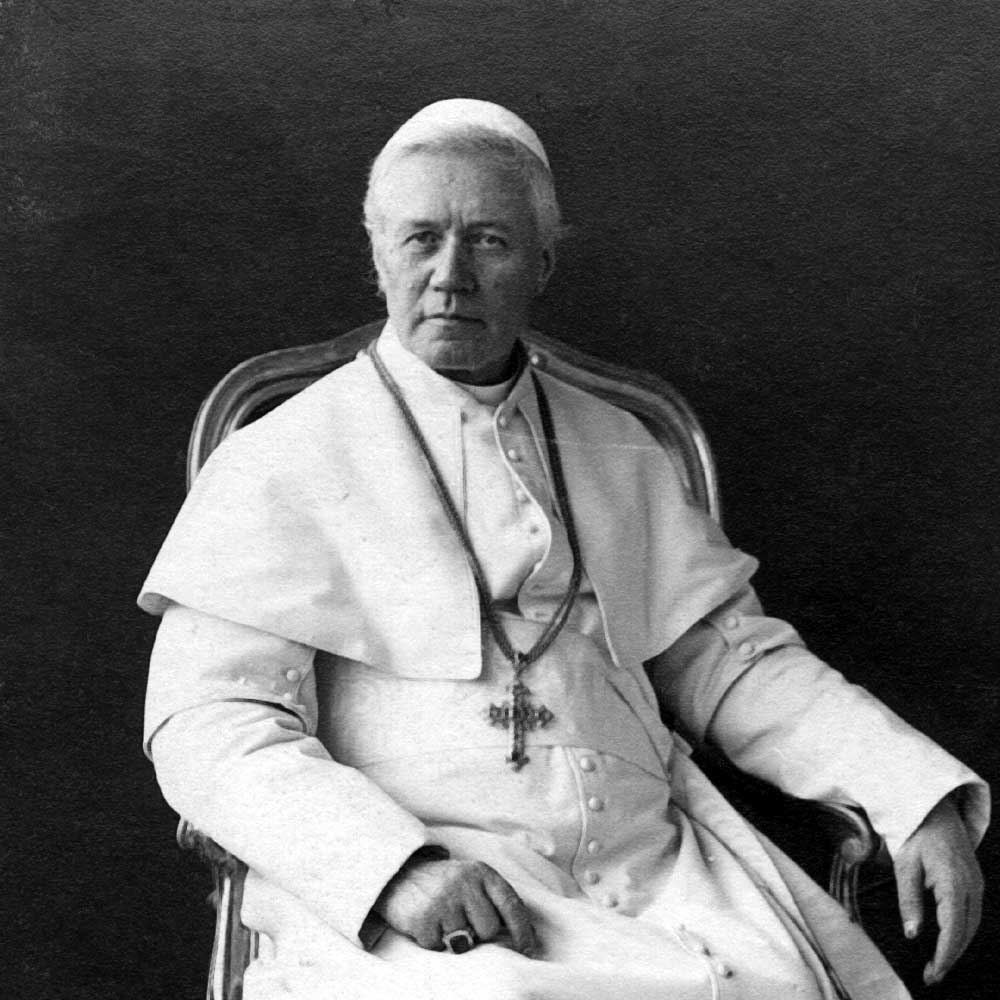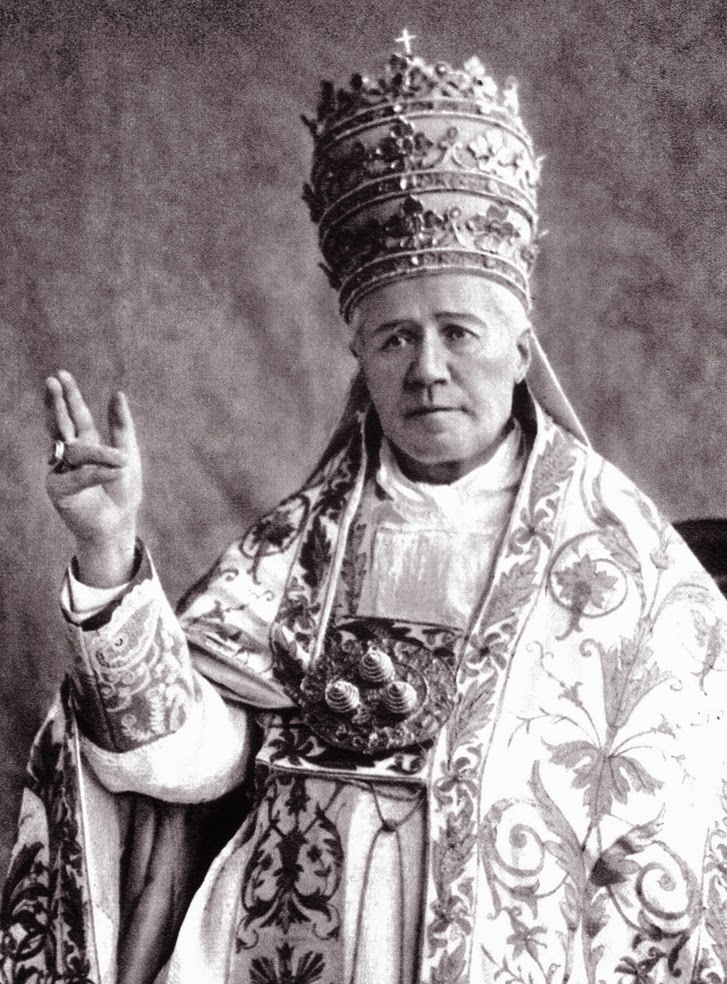“The true friends of the people are neither revolutionaries, nor innovators, but traditionalists.”
Giuseppe Melchiorre Sarto was born in 1835 in an Austrian Empire which is now a part of Italy. He is the 2nd of 10 children of Giovanni Sarto, the village postman. Though poor, his parents valued education, and he walked almost 4 miles to school every day. Even at a young age he studied Latin with the village priest.
He was ordained in 1858 and became chaplain of the seminary where he continued to expand his knowledge in Theology. In 1867, he was named archpriest of Salzano where he restored the church and expanded the hospital with the funds coming from his own begging, wealth and labor. His popularity rose as he worked to assist the sick during the cholera plague and later made it possible for public school students to receive religious instruction.
Just within a short time frame he was appointed as bishop and then assistant at the pontifical throne. Pope Leo XIII made him a Cardinal in 1893 and in 1903, with 5 voting sessions, Sarto was elected to the pontificate.
At first, he declined as he felt unworthy and after the cardinals asked him to reconsider, he went into solitude. He took the position after deep prayer and at the urging of his fellow cardinals and took the name of Pius X.
He was noted for his conversative theology, reforms in liturgy and Church law with a motto that viewed Mary in the context of “restoring all things in Christ.” “Spiritually we all are her children, and she is the mother of us, therefore, she is to be revered like a mother.” She gave Christ his human nature so that He would be the Redeemer of men.
His simple origins became clear right after his election. He cut down on papal ceremonies and restored prominence to the Gregorian Chant and a liturgical emphasis on the Eucharist, extending it to children, at the age of discretion.
With his studies of Thomas Aquinas, he vigorously condemned Modernists, whom he regarded as dangers to the Catholic faith. Canon law varied from region to region, so he named a commission to draft a universal set of laws.
He fought socialism and never recognized the Italian government and in 1908, he lifted the United States of its missionary status, recognizing the growth of the American Church.
In 1913. Pope Pius X suffered a heart attack and lived with poor health. In 1914, he fell ill on the Feast of the Assumption and died on August 20, 1914, on the day German forces marched into Brussels.
He is the patron saint of First Communicants, pilgrims, Diocese of Des Moines, Iowa, Diocese of Great Falls-Billings, Montana, and Diocese of Springfield-Cape Girardeau, Missouri.
His feast day is August 21.
For God’s Glory.

